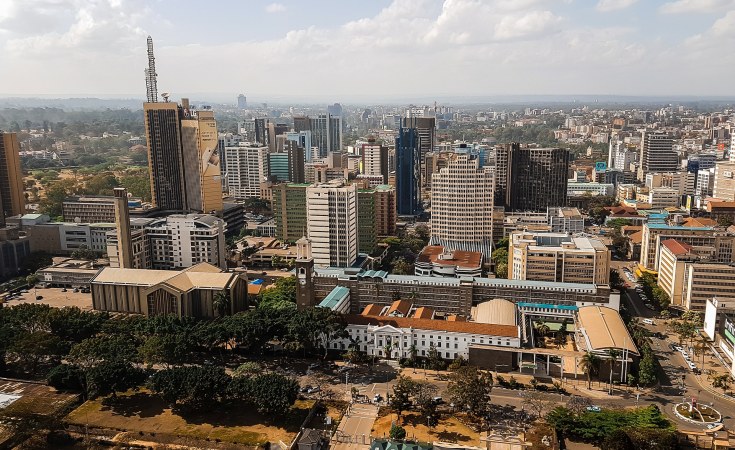Nairobi — 116, 000 teachers will be employed within two years if the Kenya Kwanza Alliance wins the August polls and forms the next government.
The commitment to bridge the teacher shortage gap in the country is contained in the alliance's manifesto which was unveiled on Thursday by Deputy President William Ruto at the Kasarani indoors arena.
"The Kenya Kwanza government commits to address inequities in our education system to level the playing field for all children irrespective of their background," Ruto said.
The ambitious plan to recruit the tutors will see the Kenya Kwanza government increase its allocation to the Teachers Service Commission (TSC) which has been grappling with the shortage albeit declaring vacancies time and again.
In the Financial Year 2022 - 2023, Treasury allocated the Commission Sh298.4 billion to facilitate in the recruitment of teachers in the country.
If Ruto clinches the August polls, then it will mean by 2024, Kenya's teacher to student ratio would significantly improve especially at the time when the Comptency Based Curriculum (CBC) is taking shape.
Ruto has since committed that his government will continue to aid the smooth implemnetation of the programme.
The commitment is part of the eleven point agenda that the Kenya Kwanza government has highlighted in its manifesto.
"Kenya Kwanzaa is very alive to this concern the economic turbulence that we are in demand more than a manifesto that makes a catalog of pledges that if implemented could push the country beyond the tipping point it requires a credible economic turnaround plan a plan that gives Kenyans credible and realistic hope," Ruto said.
In his education agenda that primarily encompass on delivering an equitable universal basic education, Ruto committed to ensure that his administration will pay for in-service teacher training initiated by government.
On June 23, 2022 Ruto met with education stakeholders and signed a charter with them where he promised to improve the fortunes in the sector.
Below are the other agenda that have been given emphasis in the manifesto.
1. Introduce a Special Service Tariff for all learning institutions for basic utilities to facilitate lower prices for goods and services such as electricity and food.
2. Review the current exam-based system of academic progression, which has excluded millions of learners based on basic education exit exams, by implementing alternative entry criteria.
3. Improve capacity of day secondary schools to guarantee access to quality education and reduce the cost of education.
4. Establish a National Skill & Funding Council that amalgamates HELB, TVET and University Funding Board and increase funding to bridge the current 45% gap.
5. Have fully equipped technical training and vocational education training institutions (TVET) in the remaining 52 constituencies within the first two years;
6. Set up a National Open University to increase access and reduce the cost of university education while making 100% transition to higher education a reality;
7. Establish a one year paid National Internship Programme for all students graduating from teachers 'technical, medical colleges and universities, by collaborating with industry players.
8. Increase funding to research and development institutions from the current 0.8% to 2% of GDP in accordance with the Science and Technology Innovation (ST&I) Act2013 and according to the bottom-up economic agenda. Additionally, incentivize will be given to the private sector to contribute towards research.
9. Double the amount of money allocated to the school feeding programme to immediately raise the number of beneficiaries from two million to four million; and to provide conditional grants to county governments to raise the numbers to 8 million.


